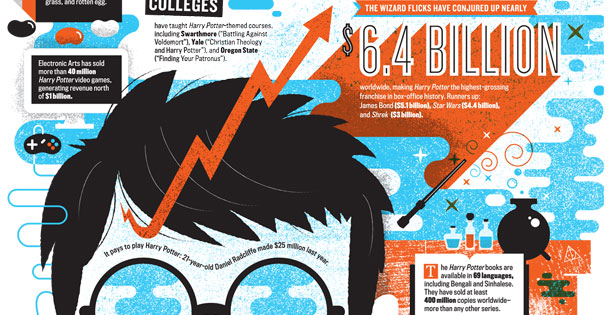
This article in The New York Times (@nytimes) says, “It used to be like clockwork in the book business: first the hardcover edition was released, then, about one year later, the paperback.”
But in an industry that has been upended by the growth of ebooks, publishers are moving against convention by pushing paperbacks into publication earlier than usual, sometimes less than six months after they appeared in hardcover....
Publishers say they have a new sense of urgency with the paperback, since the big, simultaneous release of hardcover and electronic editions now garners a book the bulk of the attention it is likely to receive, leaving the paperback relatively far behind. They may also be taking their cues from Hollywood, where movie studios have trimmed marketing costs by steadily closing the gap between the theatrical release of films and their arrival on DVD....
The entire publishing life cycle has sped up in recent years. Hardcovers have less time to prove themselves in bookstores, since retailers tend to move them off the shelves more quickly than they used to. Ebook sales are usually strong in the initial period after the publication date but do not spike again after the paperback comes out, said Terry Adams, the digital and paperback publisher for Little, Brown & Company (@littlebrown).
How have you had to adjust your publishing pipeline in this digital age?










